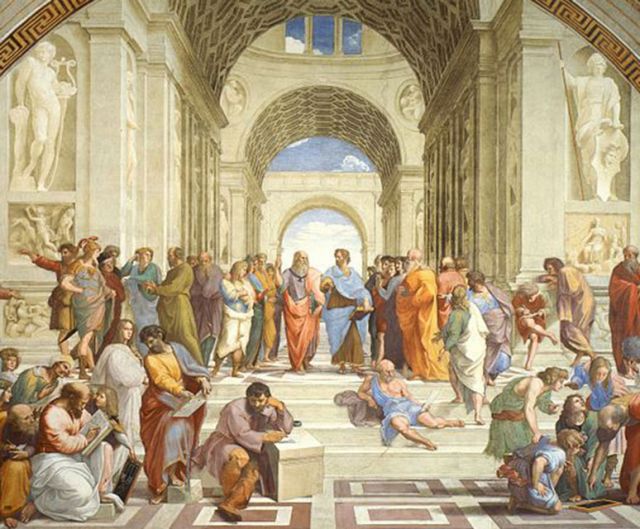Philosophy

My lab has three guiding principles:
High Impact Research
We are at a very exciting time in neuroscience, with newly developed techniques and methodologies continually improving our access to ongoing neural processes. That said, with the increasing size of data sets and accelerating number of research publications, it often appears as if we have more data than insight. This has been especially confounding due a lack of reproducibility in the biomedical sciences.
To counter these trends, our lab strives for original, rigorous, and high impact research (I use the word impact in its original sense, not to refer to journal rankings) - with a strong emphasis on quality over quantity. In this regard, I would much rather see a lab member spend several years making substantial headway into an important research problem than publish a large number of lesser quality papers.
Working Together
“It is amazing what you can accomplish if you do not care who gets the credit.” -Harry S. Truman
While the insight of individual researchers will always play an important role in scientific progress, the complexity and difficulty of current scientific questions often requires a community effort (the landmark paper describing the Higg’s Boson had >5,000 authors). Although neuroscientists generally operate in much smaller groups, collaboration within and between labs has become increasingly important in breaking new ground.
For this reason, I expect all lab members to not only pursue their own research interests, but to maintain an attitude of cooperation toward lab members and colleagues in our field. We value open science, publishing in open access journals whenever possible and posting new hardware designs, code, and data sets to public repositories and to our Resources page
On my side, I will be an active mentor and do everything in my power to help lab members achieve their training and career goals. I take great pride in seeing researchers move on to their dream position after leaving the lab.
Making Discoveries and Enjoying the Process
Understanding how networks of neurons coordinate their activity to generate cognition is a vitally important research area for improving human health and technological capabilities. However, it is also (in my slightly biased opinion) one of the most fascinating questions of our time. I sincerely hope that all lab members will share this view, and not see their time in the lab just as training for the next step, but also as a chance to make novel discoveries in a dynamic and fascinating field of study!